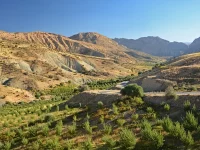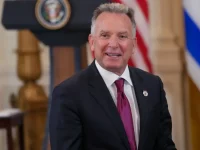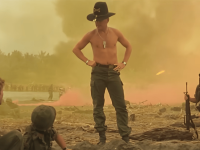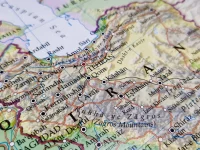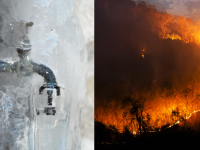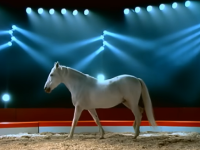Boris Blog. That’s what make us human?

MINORITIES. The Universal Declaration of Human Rights does not talk just of free elections… and their precondition, free expression.
Democracy means both the rule of the majority and the rights of the minorities: the League of Nations reminded this just after WWI, and the United Nations wrote this in marble after WWII. Alas, it seems more and more that they devour each other: small groups – ethnic or belief – are paying the toll to the mob, as soon as “democracy” is restored. Many such sad stories, from various countries, could be heard lately at the United Nations in Geneva.
The voice of minorities is on the rise in old decadent democracies, unable to settle issues for the majority: national, sexual, functional… groups, and often rightly so. But in Egypt, Syria and Irak, for instance, the first task of “the people”, directly or by proxy of broad-based militias, has been to slaughter Copts, Yezidis, and the like: they only see Gaza as a human rights issue. In Burma, the army’s iron fist has loosened on some ethnic groups, but the crowd has waged a territorial pogrom against the Rohingas. In Sri-Lanka, one needs to be a hawk against Tamils to be elected. In Ecuador and Bolivia at press events, the new breed of Presidents openly threatens reporters asking questions… this was confirmed even by some of their fans. In Colombia, the path to national union between the two major wings of politics is making life difficult for new targets: the chieftain of a church who spoke at the Press Club on 24 November may make us smile, but probably mirrors real facts (www.pressclub.ch). In China, ethnic groups suffer more from the open racism of the public at large than from a hostile public policies. The rise of Dalits in India has not given way to a new caste of victims, but the kettle keeps hot.
Late November, the United Nations have given the floor to all kinds of minorities, to decry little known plights (http://www.ohchr.org/EN/HRBodies/HRC/Minority/Pages/Session7.aspx). Most were ethnic or religious groups, but albinos have long been subject to atrocities, and even autists (www.autisticminority.org) suffer strange hate speeches. Two “side-events” have focused on some hot issues. One, staged by Minority Rights Group International (www.minorityrights.org and www.minorityvoices.org) has been a loudspeaker for the victims on the ground: be they Kurds (www.yasa-online.org), Hazaras or Yezidis (www.hhro.org)… the latter two not being in good terms in the Middle-East. The praise of slavery by Djihadists might might toll the bell for the United Nations; and some people in the room minored these horrors as compared to Islamophobia in Europe. The Organization for Defending Victims of Violence (www.odvv.org) would rather say: in Syria, Bahrain and Pakistan, as it published books dealing – to a large extent – with violence against Shias in these three countries. One could add Irak, harassing its Shia Kurds and Tuks, as we heard at the other side-event, staged by the Unrepresented Nations and Peoples Organization (www.unpo.org) and the Society for Threatened People (www.gfbv.de). Which hinted too that Islamophobia may have still more casualties in the Far East.
China is at pains with its major non-Han ethnic groups: not just Tibetans, Uyghurs, who are pushed to Islamic revival, and Mongols, who claim that land reform and green policies are just tools to grab their fields. And Uyghurs, most of the latter being Muslims. If Tibetans have some channel of dialogue with Beijing, Mongols and Uyghurs are facing utter racism from the man in the street. Who consider them not only as non-Chinese, but as non-Humans, who beat them up and tell them straight that “your life is not worth keeping” and “you speak no human tongue”. This deep-rooted facet of Chinese culture has more weight in daily life and future clashes than what can be said in the Capital. The last hope comes from Chinese ethnologists, moviemakers, or just democrats, some of whom have triggered sympathy for these victims. Russia too, in Crimea at least, feeds clashes to come with its Tatars: even before Crimea was annexed, Tatars resented Russians there. Since Stalin deported Tatars at the end of WWII, Russians outnumber both Tatars, Karaims, Krimchaks and… Ukrainians there. And although Putin’s policy is not always against all ethnic groups, Tatars are again prime suspects in Crimea. Tatar leader do not dare to leave their home, lest they might not be let in again: a Tatar lady living in Berlin spoke for them at the meeting in Geneva. Russia has a longer-term problem with Muslims: soon, these will form one third of the Army’s draft. Has humanity become just a joke? The title of this article was, indeed, the name of a session of the United nations Staff Recreation Council, end November!
Boris Engleson


